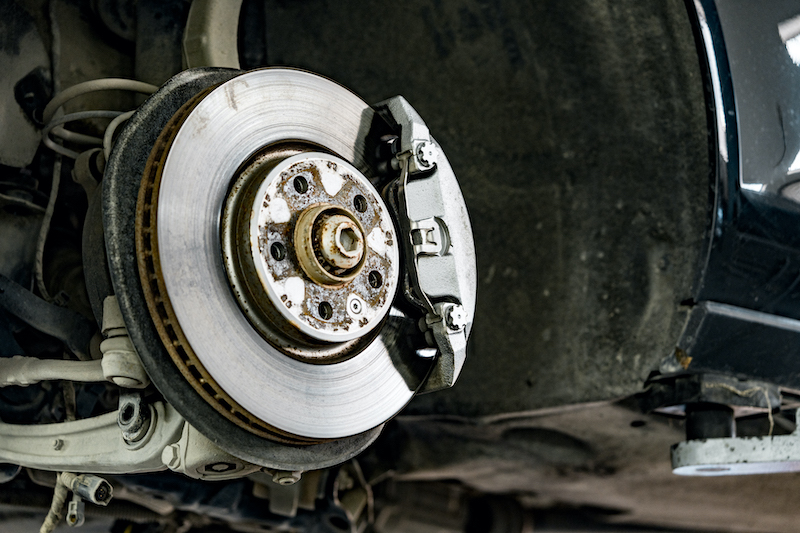5 Common Causes of Overheating in Cars
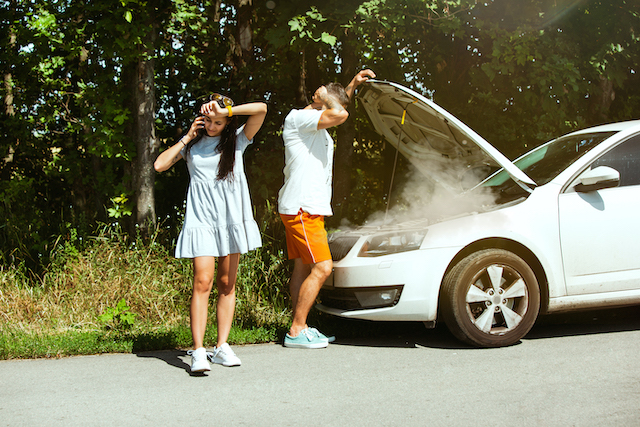
Dealing with your car overheating can be a real headache, turning your everyday drive into a stressful situation. However, understanding what’s causing the problem can help you take the necessary action before the problem gets worse.
In this blog, we’re diving into the top five causes of car overheating, giving you some basic knowledge on how vehicle cooling systems work. Whether you’ve overlooked an issue during maintenance or it’s a more complicated mechanical problem, each of these car overheating causes can have a major impact on your car’s health.
A malfunctioning radiator, a faulty thermostat, or low coolant levels can all lead to overheating, but being aware of them ahead of time can save you from expensive repairs and inconvenient breakdowns.
By arming yourself with knowledge about why cars overheat, you’ll be better prepared to identify warning signs, conduct regular checks, and keep your car running smoothly and reliably on the road.
Let’s dive in and learn how to keep your vehicle cool!
1. Low Coolant Level
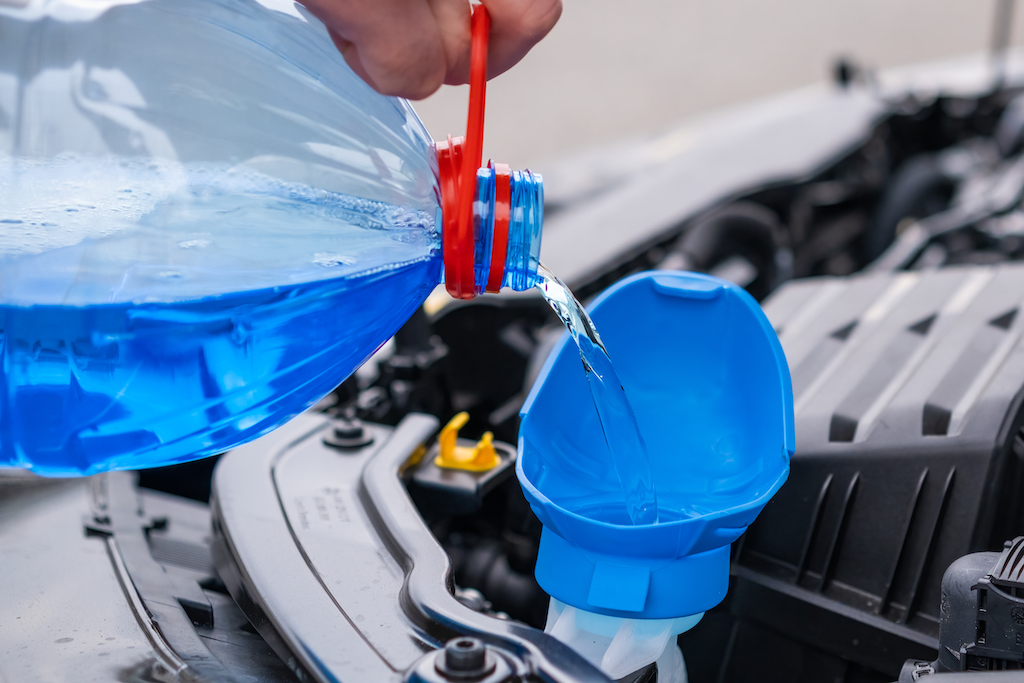
One of the main culprits behind car overheating is a low coolant level. Coolant, also known as antifreeze, plays an important role in regulating your engine temperature by absorbing and getting rid of the heat.
When the coolant level drops below the recommended level, the engine can’t cool down properly, which leads to overheating. Low coolant levels can happen for various reasons, like leaks in the cooling system or the coolant evaporating over time.
To avoid this problem, you need to regularly check your coolant levels and top them up if needed. Moreover, if you do find any leaks, make sure to get them fixed right away as it is essential to keep up with regular maintenance for your cooling system. This will contribute to keeping your engine cool and prevent overheating issues.
2. Failing Thermostat
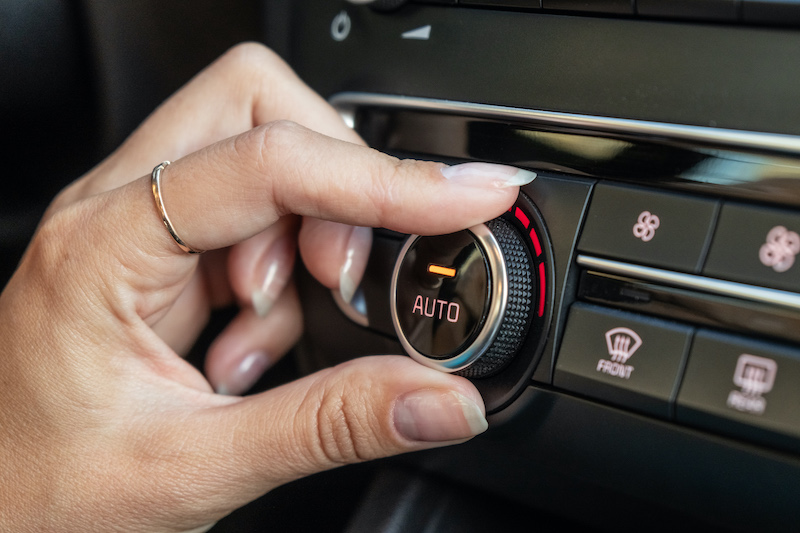
A malfunctioning thermostat is another common cause of car overheating. The thermostat regulates the flow of coolant through the engine by opening and closing as needed to maintain the required operating temperature.
However, if the thermostat fails to open properly, coolant circulation will be restricted, which will lead to overheating. Conversely, if the thermostat remains stuck open, the engine may not reach its ideal temperature, which would affect your car’s performance and fuel efficiency.
To identify a failing thermostat, look for symptoms like fluctuating temperature gauge readings and inconsistent heating in the cabin. If you notice these signs, replace the faulty thermostat to ensure that your car’s engine continues to cool properly and doesn’t overheat.
3. Compromised Radiator
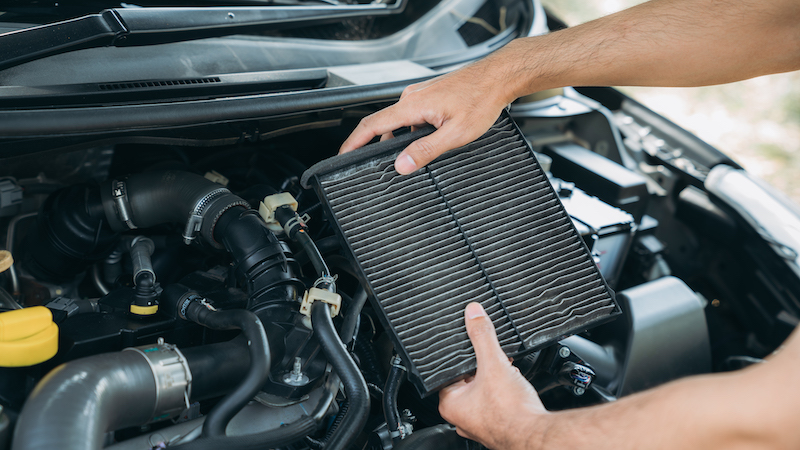
The radiator is an essential aspect of the cooling system as it removes the heat from the engine coolant through its fins and tubes. However, various issues can compromise its functionality, leading to overheating.
Damage from road debris, corrosion, or leaks can affect the radiator’s ability to efficiently cool the coolant. Additionally, if the radiator gets clogged due to debris buildup or dirt accumulation, it will restrict the airflow and trap the heat inside.
To find out if your radiator is compromised, check for coolant leaks, visible damage, or an overheating engine. With regular inspection, cleaning, and quick repair or replacement of damaged radiators, you can maintain proper engine temperature and avoid such car overheating causes.
4. Faulty Water Pump
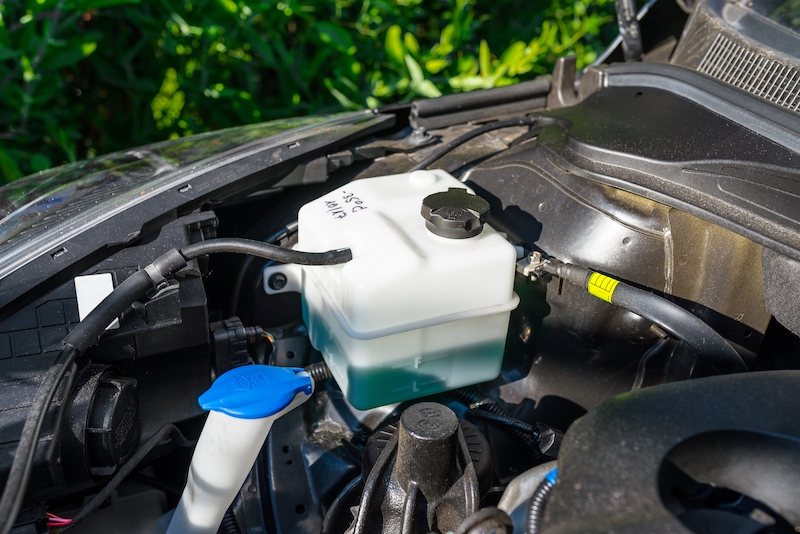
The water pump helps to circulate the coolant throughout the engine and radiator, regulating its temperature. However, a faulty water pump can disrupt this process, leading to overheating.
The pump’s efficiency is often reduced by common issues like leaks, worn bearings, or impeller damage. As a result, the coolant’s flow will be insufficient and cause the engine to overheat.
If you notice coolant leaks beneath the vehicle, engine temperature spikes, or whining noises from the pump area, it could mean that your car’s water pump is damaged. By promptly replacing this malfunctioning system, you’ll be able to prevent engine damage and ensure that the cooling system functions as it should, maintaining ideal performance.
5. Broken Fan Belts and Malfunctioning Fans
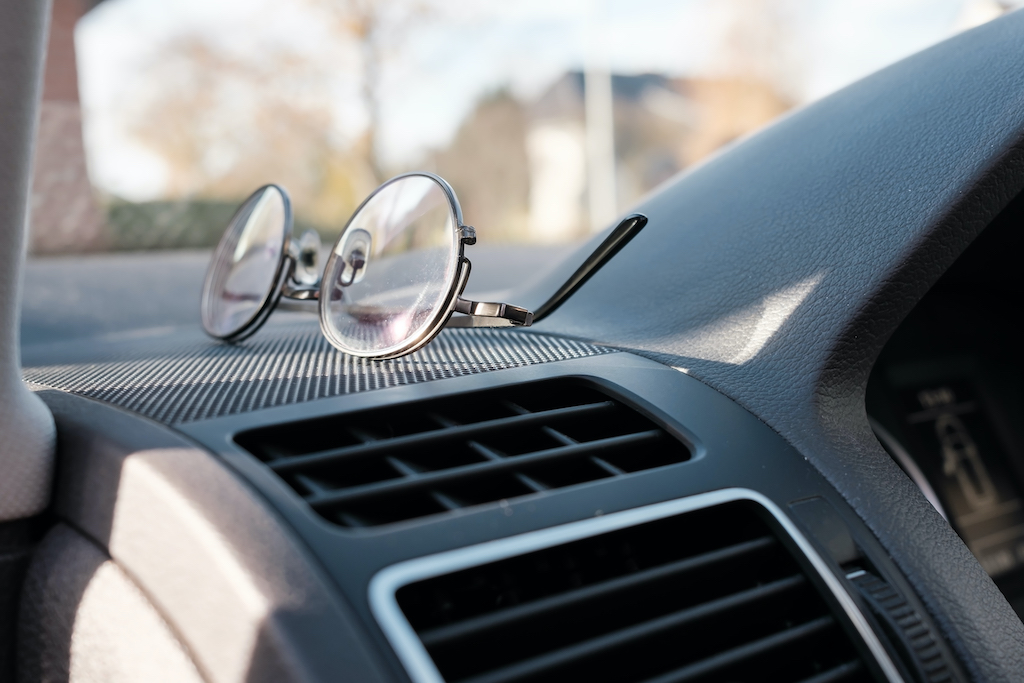
Fan belts and cooling fans are important for maintaining the engine temperature. A broken fan belt or malfunctioning fan can disrupt the airflow necessary for cooling, which will lead to the car overheating.
If the fan belt snaps or becomes loose, the cooling fan will not operate effectively, reducing airflow over the radiator. Similarly, malfunctioning fans may not engage or spin at the required speeds, which would stop the heat from being let out of the system.
Signs of these issues include spikes in the engine temperature, overheating while you’re stuck in traffic, or unusual noises from the engine bay. If you notice these symptoms, make sure to replace the worn fan belts or repair the malfunctioning fans on time to prevent engine overheating and other potential damage.
To Fix the Causes of Overheating in Cars, Choose Online Automotive
Now that you’re well aware of the main car overheating causes, if you need replacement parts to solve such issues, we’ve got you covered!
At Online Automotive, we offer a comprehensive selection of high-quality replacement parts, carefully curated to meet your car repair needs. Our competitive prices also ensure that you get the best value for your money.
With expert product descriptions and responsive customer support, we strive to make your shopping experience seamless. Trust us to be your reliable partner in the world of DIY car repairs, ensuring that all your journeys are convenient and hassle-free.
Explore our range of products and get in touch with us today!




